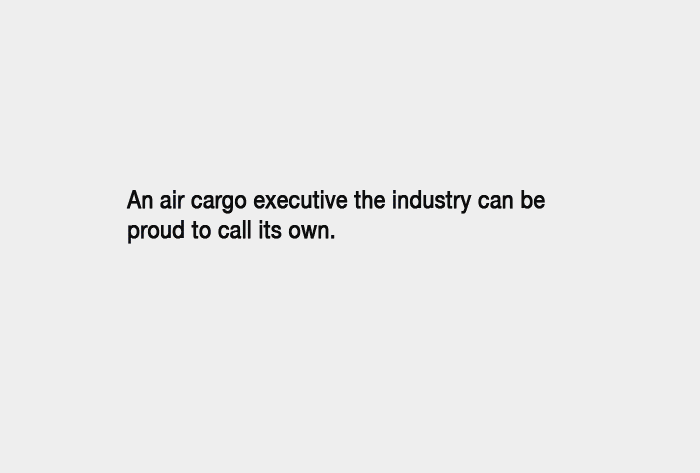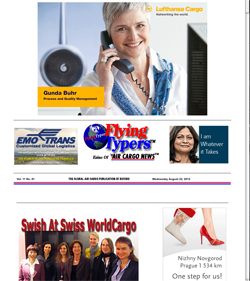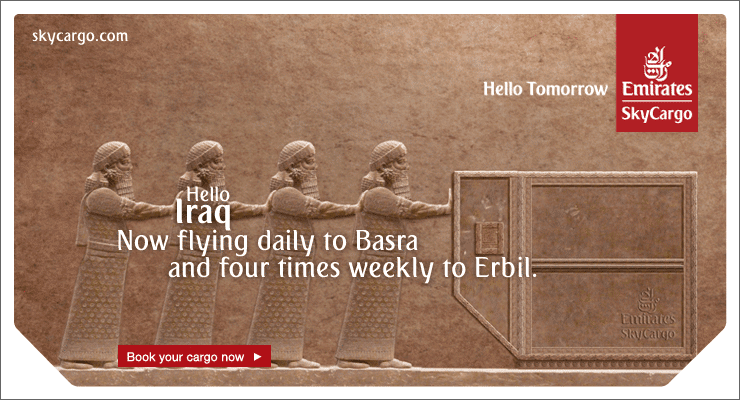 |

|
|
Vol. 11 No. 84 THE GLOBAL AIR CARGO PUBLICATION OF RECORD Friday August 31, 2012 |
|
|
|
“For
SASI business is good
as most of what we do
is helping airlines and
airports, financial institutions
and government authorities
understand what needs
to be done to make their
companies, investments,
strategy or policy decisions
relevant for the years
to come.
“But
I see August into September
remaining slow, however
we could see a peak as
the rumored iPhone 5 and
"mini" iPad
gets released, and stores
replenish stocks of fall
and winter items that
are in demand and needed
for the sales pre Christmas.
“However
I think we are looking
at a flat market until
there is more clarity
in Europe of what the
economy will do, and how
it will settle, which
seems to change every
week. “The same
goes for the U.S. Market,
what effect will political
uncertainty have on consumer
confidence?
“Looking
further ahead the Inter
Asian markets will remain
strong, but not as good
as we would hope as China
and Japan economies settle.”
Casting
a wide net we wonder which
individual in our business
stands out as Summer 2012
ends?
“If
I had to name a single
person it would have to
be Alexander Pleshakov
the CEO of Transaero Airlines
in Russia.
“
They have built that airline
up over the years to become
number two in Russia behind
Aeroflot, and have a huge
fleet of all passenger
aircraft such as 747,
777, 767 and 737 as examples.
“Transaero
recently firmed up an
order for 4 A380s and
4 787-8s showing again
they are not afraid to
commit and grow the business.
“Relative
unknowns in cargo, no
doubt when they start
making cargo a core business
Transaero will be very
well positioned to capitalize
on the growing Russian
consumer demand to and
from the markets they
serve and a major force
in the region.
“In
terms of the unexpected
in 2012—I am really
surprised that orders
for new freighters are
not being cancelled outright
or postponed indefinitely
by airlines and leasing
companies other than those
targeted by Integrators,
especially for the smaller
aircraft.
“As
scheduled airlines introduce
ever more new wide body
passenger aircraft like
the 777 and A350, freighter
operators will be squeezed
in an ever declining margin
game by shippers and forwarders
which will change the
air cargo game completely.
“Most
city pairs of interest
for cargo are now served
on a daily basis by scheduled
wide body pax aircraft,
leaving precious little
wiggle room for expensive
new acquisitions.
“Also
I expect that we will
soon see a flood of "gently
used" production
freighters such as 747-400
both ERF and F, and in
sufficient quantities
to satisfy any growth
for many years to come.
“Passenger
airlines as they rid themselves
of 4 engine aircraft will
want two engine freighters
if they have in house
production, due to economies
in crew and maintenance
etc. and the compatibility
issues that operating
any fleet of less than
6 aircraft of the same
type brings.
“I
also thinks there could
be a new life for ACMI
in supplying lift to pax
airlines to keep those
passenger bellies full,
but the days of the current
model of full commitments
against minimum block
hours is most likely going
to be challenged, as the
risk and reward is in
no way certain.
“The
ACMI airlines that imbed
themselves as true partner
(and I mean strategic
partners, not tactical
partners) will be the
winners in all this.
“The
danger for those current
ACMI operators who have
invested in new capacity
is the expected flood
of very good used aircraft,
and who will pick them
up?
“There
is definitely room for
a low cost ACMI operator
based in Europe, and also
in the Middle East, so
we will have to see what
develops there.”
Geoffrey
“I
suppose if it were not
for air cargo, I would
have to be in the travel
and tourism industry;
that’s where I spent
the past 8 years,”
says Pink Kee Chong, E-Commerce
Controller at Calogi Dubai. |
|
Get
On Board Air Cargo
News FlyingTypers |
If
You Missed Any Of The
Previous 3 Issues Of FlyingTypers
|
|||||
|
|||||
FT082212 |
FT082912 |
||||
|---|---|---|---|---|---|
Publisher-Geoffrey
Arend • Managing Editor-Flossie
Arend • Associate Publisher/European
Bureau Chief-Ted Braun
Film Editor-Ralph Arend • Special Assignments-Sabiha Arend, Emily Arend • Advertising Sales-Judy Miller |
Send
comments and news to geoffrey@aircargonews.com
|



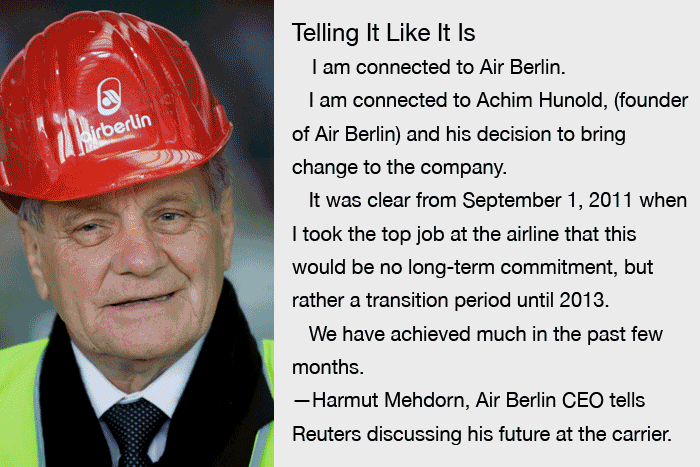

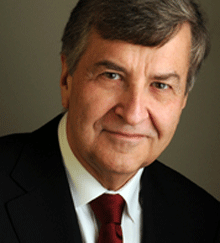 Stan
Wraight is Managing Partner
of Strategic Aviation
Solutions International
Inc.
Stan
Wraight is Managing Partner
of Strategic Aviation
Solutions International
Inc.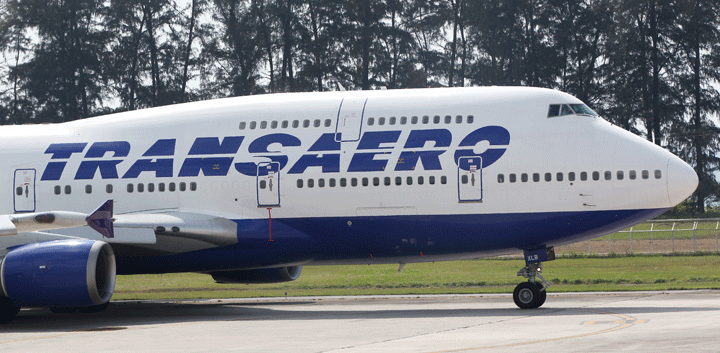


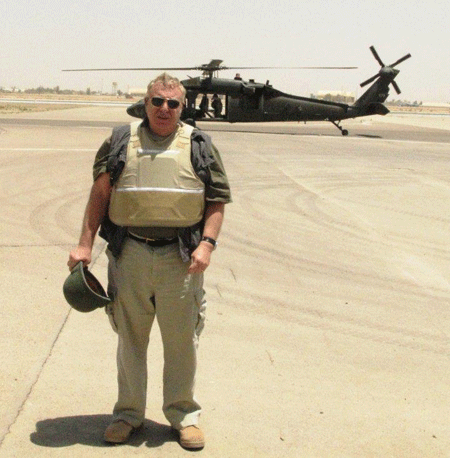 Sometimes
when the air cargo industry
awards season rolls around,
we start thinking:
Sometimes
when the air cargo industry
awards season rolls around,
we start thinking: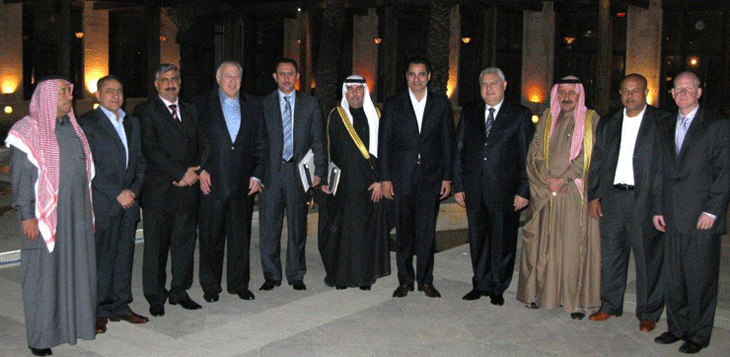
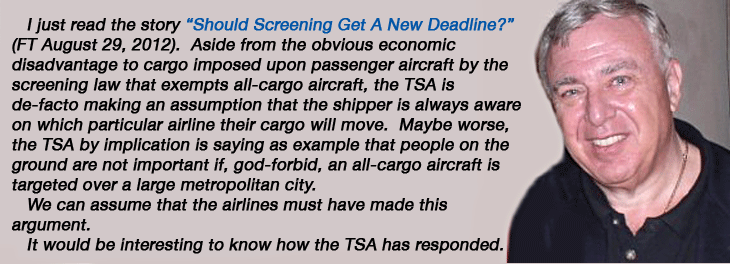
 “There
have been many improvements.
“There
have been many improvements.
